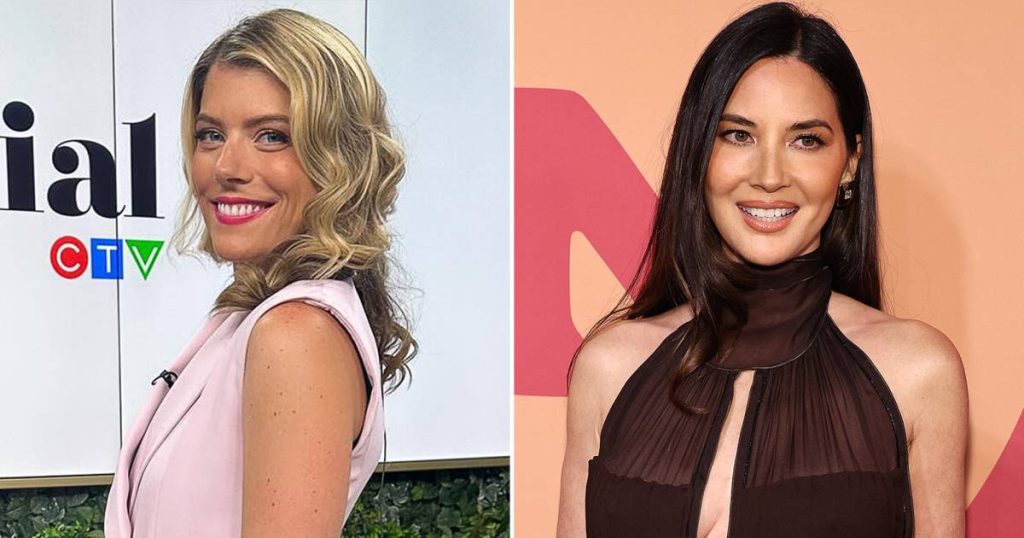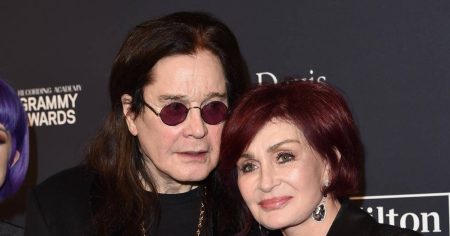Alison Hall, a 33-year-old reporter for Inside Edition, recently shared a deeply personal and moving account of her breast cancer diagnosis and her impending double mastectomy. Her journey, however, took an unexpected turn thanks to actress Olivia Munn’s own public battle with the disease. Inspired by Munn’s transparency about her experience, Hall participated in a breast cancer risk assessment assignment for Inside Edition. This decision, seemingly routine at the time, would prove to be life-altering. The assessment revealed Hall to be at high risk, prompting doctors to recommend regular mammograms and MRIs. This proactive approach, directly influenced by Munn’s story, led to the early detection of Hall’s cancer.
The timing of Hall’s diagnosis is remarkable, occurring just months after her first breast MRI in October. At 33, she received the daunting news that she had breast cancer. However, amidst the fear and anxiety, there was a glimmer of hope. Doctors classified her cancer as stage zero, meaning it was non-invasive and hadn’t spread. Specifically, Hall was diagnosed with DCIS (ductal carcinoma in situ), a type of breast cancer that originates in the milk ducts. While this diagnosis was undeniably difficult, the early detection offered a significantly better prognosis and more treatment options. This “best, bad news,” as her husband described it, offered a chance to proactively address the cancer and mitigate future risks.
Hall attributes her early detection, and ultimately the opportunity to address the cancer before it progressed, to Olivia Munn’s decision to share her own breast cancer journey. Munn, 44, had publicly revealed her diagnosis earlier in the year and detailed her experience with a double mastectomy. This act of vulnerability and transparency had a profound ripple effect, inspiring Hall and undoubtedly countless other women to take their breast health seriously. It underscores the power of shared experiences and the crucial role public figures can play in raising awareness about critical health issues.
Facing the reality of her diagnosis, Hall made the difficult but empowering decision to undergo a double mastectomy with reconstruction. This proactive approach, she explains, is driven by a desire to not only tackle the current cancer but also to drastically reduce her risk of recurrence in the future. Her family history of breast cancer and her own history of breast abnormalities further solidified this decision. It’s a testament to her courage and determination to take control of her health and prioritize her future well-being.
Hall’s journey, though challenging, has been marked by an incredible outpouring of support. She credits her family, friends, therapist, doctors, and colleagues for providing unwavering love and encouragement. Their presence and support have been instrumental in helping her navigate this difficult time. This network of support, combined with her own resilience, has allowed Hall to approach her diagnosis with a sense of gratitude, viewing it as a “gift” that empowers her to protect her future health and the possibility of having children.
The intertwined narratives of Olivia Munn and Alison Hall highlight the profound impact of sharing personal health journeys. Munn’s bravery in speaking out about her experience created a ripple effect, ultimately leading to Hall’s early detection and proactive treatment. Hall, in turn, is now carrying the torch, sharing her own story with the hope of inspiring others to prioritize their health and advocate for themselves. Their combined experiences underscore the power of vulnerability, the importance of early detection, and the strength that can be found in community and shared experiences. They serve as a powerful reminder that speaking out can truly save lives.










